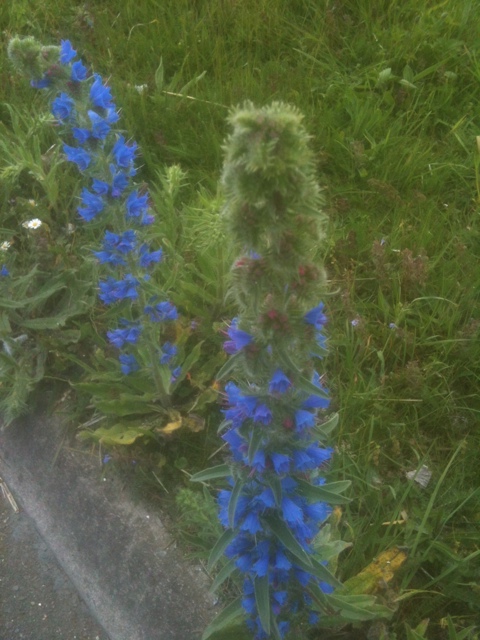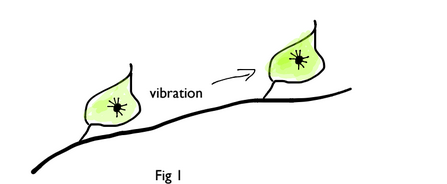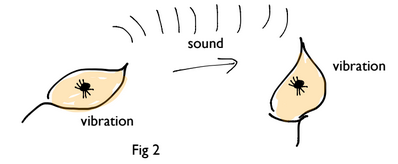Here's the first four lines of another sonnet I've learned, and frequently recite when walking home.
Since brass, nor stone, nor earth, nor boundless sea
But sad mortality o’er-sways their power,
How with this rage shall beauty hold a plea,
Whose action is no stronger than a flower?
This is so striking, its author so famous, it must have received legions of analysis. I've read none of them. This is my take entirely.
It jerks us around and brings in multiple images, like an early film, a silent movie. Try to imagine the camera angles and sound track.
First we see things that we think long lasting. The camera pans around. But then we are reminded nothing lasts for ever, everything will decay with time.
Things that seemed permanent are destroyed. Castles collapse. Sea defenses erode away. We hear the roar.
But where did rage come from? What is the savage attack animal? Who can defend?
Beauty steps bravely forward and - this is one of the astonishing things about the poem - Beauty is a lawyer, pleading the case for a reprieve.This legal metaphor is one of the most surprising and amazing ways in which the focus of the poem takes us by surprise almost line by line
How strong is Beauty's case? Who is the jury?
Try to answer without reading the next episode.


